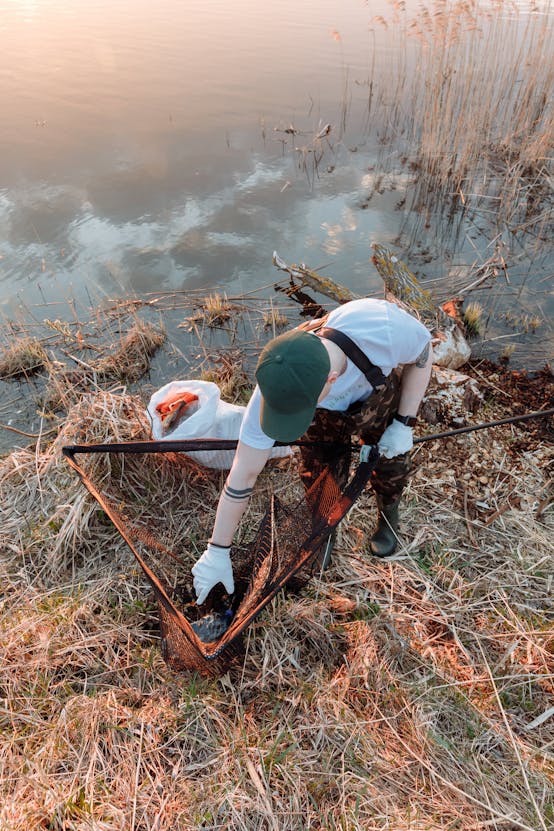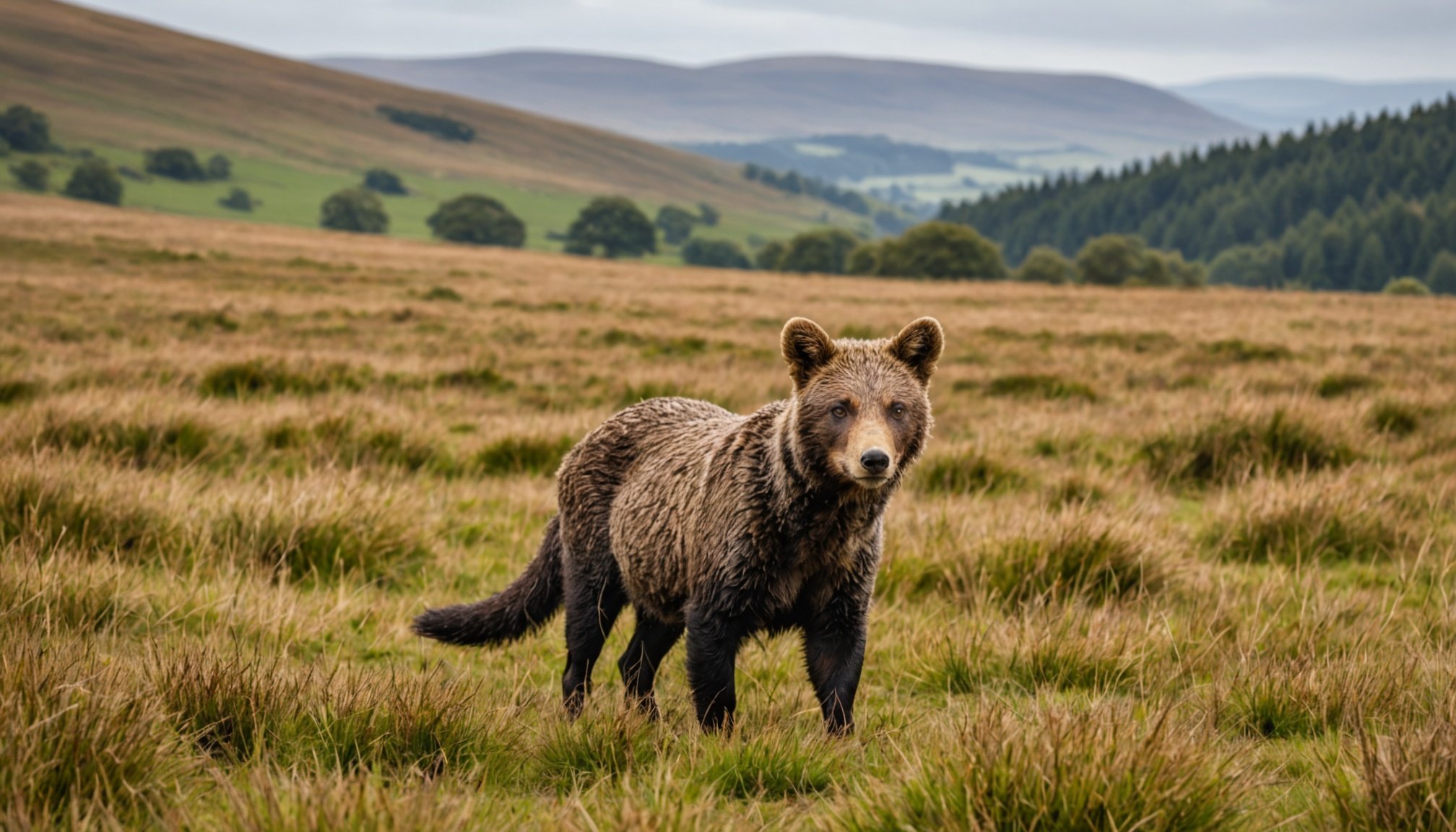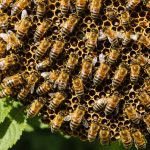Understanding Wildlife Impact
Creating a harmonious balance between wildlife conservation and outdoor activities is vital for sustaining UK ecosystems. In these diverse habitats, each species plays a unique role that influences ecological processes. For instance, pollinators like bees and butterflies are essential for plant reproduction, while apex predators maintain the balance of prey populations.
However, outdoor activities can inadvertently disrupt these ecosystems. Hiking, camping, and other forms of recreation often lead to habitat disturbance, noise pollution, and litter, which can significantly impact animal behaviour and health. For example, noise from human activities can alter bird communication, potentially affecting their mating and nesting success.
A lire également : Exploring the ecological transformation: how beaver reintroduction shapes river habitats in the uk
To mitigate these effects, fostering ecological awareness among outdoor enthusiasts is crucial. Understanding the consequences of their actions encourages responsible behaviour, minimising harm to wildlife. Simple practices, such as adhering to marked trails and disposing of waste properly, can significantly reduce negative impacts.
- Stay on designated paths
- Carry out all litter
- Respect wildlife and their habitats
By promoting awareness and responsible practices, individuals can enjoy nature with minimal disruption, thus supporting ongoing efforts in wildlife conservation. Ultimately, an informed and considerate approach helps preserve these precious ecosystems for future generations.
A lire aussi : Fostering biodiversity: innovative approaches to wildlife conservation in uk urban housing developments
Essential Guidelines for Outdoor Activities
Engaging in outdoor activities requires an understanding of outdoor ethics. These are not just unwritten rules but a framework for how to interact responsibly with nature. At the heart of this approach is responsible recreation, vital for ensuring that natural environments remain pristine for future explorers.
General principles for responsible outdoor behavior include respecting nature and minimizing your environmental footprint. This means carrying out what you carry in, staying on designated trails, and avoiding actions that could cause erosion. Adhering to these conservation guidelines helps preserve the integrity of outdoor spaces.
Minimizing disturbance to wildlife is another critical aspect of outdoor ethics. This involves maintaining a safe distance from animals, refraining from feeding them, and making noise to alert them to your presence, reducing the likelihood of startling wildlife.
Lastly, understanding your legal responsibilities regarding wildlife protection cannot be overstated. Many areas have specific regulations to safeguard endangered species and their habitats. Familiarise yourself with these laws before embarking on any outdoor adventure. These guidelines are not only protective measures but also contribute positively to the conservation efforts that guard our natural world.
Wildlife-Friendly Practices for Hiking
Incorporating wildlife-friendly practices into hiking activities ensures minimal impact on the environment, aiding sustainability efforts for future outdoor enthusiasts.
Sticking to Designated Trails
When engaging in hiking, adhering to designated trails is crucial. These paths are specifically designed to protect the surrounding wildlife and flora from human intrusion. Trail protection not only preserves the natural habitat but also ensures hikers’ safety by minimizing the risk of getting lost or encountering hazardous terrain. Straying off paths can damage vegetation and disturb the wildlife in their natural habitats.
Keeping Noise Levels Low
Hikers should also maintain low noise levels to prevent disturbances to wildlife. Loud sounds can cause animals to flee their homes or act in unexpected ways, which could be harmful to them. Practicing quiet observation enhances the quality of wildlife observation while fostering a deeper connection with nature.
Proper Waste Disposal
Another essential practice entails proper waste disposal. Hikers should ensure all trash is packed out and any biodegradable waste is disposed of correctly. This prevents pollution, which is detrimental to both flora and fauna. Adhering to hiking ethics involves leaving no trace and maintaining the environment’s pristine condition.
Camping Considerations
When it comes to camping, one cannot overlook the importance of camping ethics. These are vital in preserving nature and ensuring a positive experience for everyone. One of the first concerns is campsite selection. Choosing a suitable site not only enhances your experience but also helps in minimising environmental impacts.
Choosing the Right Campsite
Selecting a proper campsite is crucial. Aim for established sites and avoid overused areas. Look for durable surfaces like gravel or rock to pitch your tent. This practice helps in wildlife safety, as it prevents habitat destruction and ensures that local fauna are not disturbed.
Food Storage Techniques
Proper food storage is essential in preventing unwanted animal encounters. Utilise bear canisters or hang food in trees. This enhances safety for both campers and wildlife by reducing the temptation for animals to approach human habitats.
Avoiding Disturbance to Local Wildlife
Keeping noise levels low and observing from a distance are good practices. Respect boundaries and never feed the animals. This maintains their natural behaviours and contributes to wildlife safety.
These considerations not only help you enjoy a safe trip but also ensure you’re practicing responsible camping.
Feeding Wildlife and Its Consequences
Feeding wildlife can result in several unintended consequences, adversely affecting not only the animals themselves but also the ecosystem at large. When humans provide food, it may disrupt natural behavior patterns. Animals might become overly dependent on human-provided food sources, which can lead to reduced hunting or foraging instincts.
This interaction often results in closer human-wildlife encounters, which can escalate into conflicts. Feeding can also encourage wildlife to crowd in particular regions, potentially spreading diseases more rapidly due to increased proximity. Additionally, these actions might inadvertently cause shifts in population dynamics, affecting competition and survival rates among species.
To support wildlife feeding impacts without direct feeding, experts recommend promoting natural behaviors through thoughtful practices. Planting native flora and fruit-bearing plants can supply animals with resources they’re accustomed to. Furthermore, creating environments that mimic their natural habitats allows animals to thrive autonomously. Educating the public about the adverse effects of wildlife feeding is crucial in fostering coexistence.
Wildlife should remain wild, engaging in their instinctual patterns without human interference. By opting for hands-off approaches, not only do we protect the delicate balance of ecosystems, but we also help reinforce the animals’ self-sufficiency.
Benefits of Responsible Wildlife Watching
Engaging in responsible wildlife observation offers numerous benefits, both for the observer and the environment. Fundamental to ethically observing wildlife is understanding and following guidelines that minimise human impact. This approach ensures that animals remain undisturbed in their natural habitats. These guidelines typically include maintaining a safe distance, using binoculars for a closer look instead of approaching physically, and adhering to established trails. By respecting these principles, observers can enjoy the immersive experience of wildlife observation without causing harm.
Eco-tourism plays a crucial role in conservation by providing a sustainable economic incentive to preserve natural habitats. It fosters a mutual benefit where travellers gain enriching experiences, while communities receive support to protect wildlife areas. Funds generated from eco-tourism often contribute directly to conservation efforts, ensuring the protection and sustainability of the environment.
Moreover, wildlife observation can serve an educational purpose by encouraging awareness and empathy towards wildlife. Educational opportunities in eco-tourism settings often include guided tours and informational sessions that illuminate the importance of biodiversity. Such experiences instil a newfound respect for nature and inspire participants to advocate for environmental preservation. Through education, individuals become informed stewards of the planet, motivated to engage in conservation initiatives.
Personal Responsibility and Advocacy
The role of personal stewardship in wildlife advocacy cannot be understated. Each individual’s choices can significantly contribute to the protection of wildlife. Simple actions, such as reducing waste, supporting sustainable brands, and respecting natural habitats, are vital. These behaviours, when adopted collectively, lead to robust conservation efforts.
One might ponder, “How can I engage?” The answer is community involvement. Engaging with local conservation groups, participating in clean-up activities, and spreading awareness about wildlife issues are key components. These actions not only foster a sense of community but also elevate awareness and drive tangible change.
Interestingly, outdoor enthusiasts are uniquely positioned to advocate for wildlife-friendly policies. With a deep appreciation for nature, they can leverage their experiences to influence policy-making. Their insights and passion can guide legislative decisions towards more sustainable practices. By lobbying for stricter protections on wilderness areas or supporting initiatives that focus on habitat preservation, they demonstrate the power of individual voices in shaping a better future for wildlife. Encouraging outdoor enthusiasts to take up such roles amplifies their personal commitment to protecting our planet’s biodiversity.













